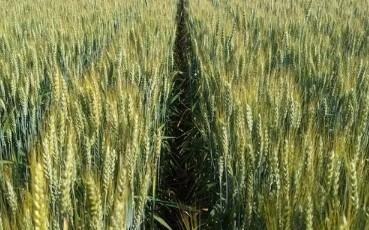By Brent Credille

The use of dewormers in calves can represent a 3,000% return on investment Internal parasites represent a source of significant economic loss in almost all segments of beef production. The implementation of an internal parasite control program can lead to increased weaning weights in calves and increased pregnancy rates in heifers and cows. One study that was performed in Watkinsville, GA found that a single dose of Panacur given at the label dose to cows in early May resulted in a 22% increase in both pregnancy and calving rate compared to cattle that were not dewormed.Similar, but more recent, work from Louisiana has found that cows dewormed with Panacur midsummer had a 12% increase in pregnancy rate compared to untreated cows. To put this in economic context with current market prices, deworming cows represents a nearly 4,000% return on investment due to the increased number of calves available for marketing. In addition, that same study showed that calves dewormed at 3-5 months of age gained 0.3 lb./day more than calves that were not dewormed and weighed, on average, 25-45 lbs. more at weaning than control calves. Again, to put this into economic context using current market prices, the use of dewormers in calves represents a 1,500 – 3,000% return on investment due to . . .
Source : osu.edu